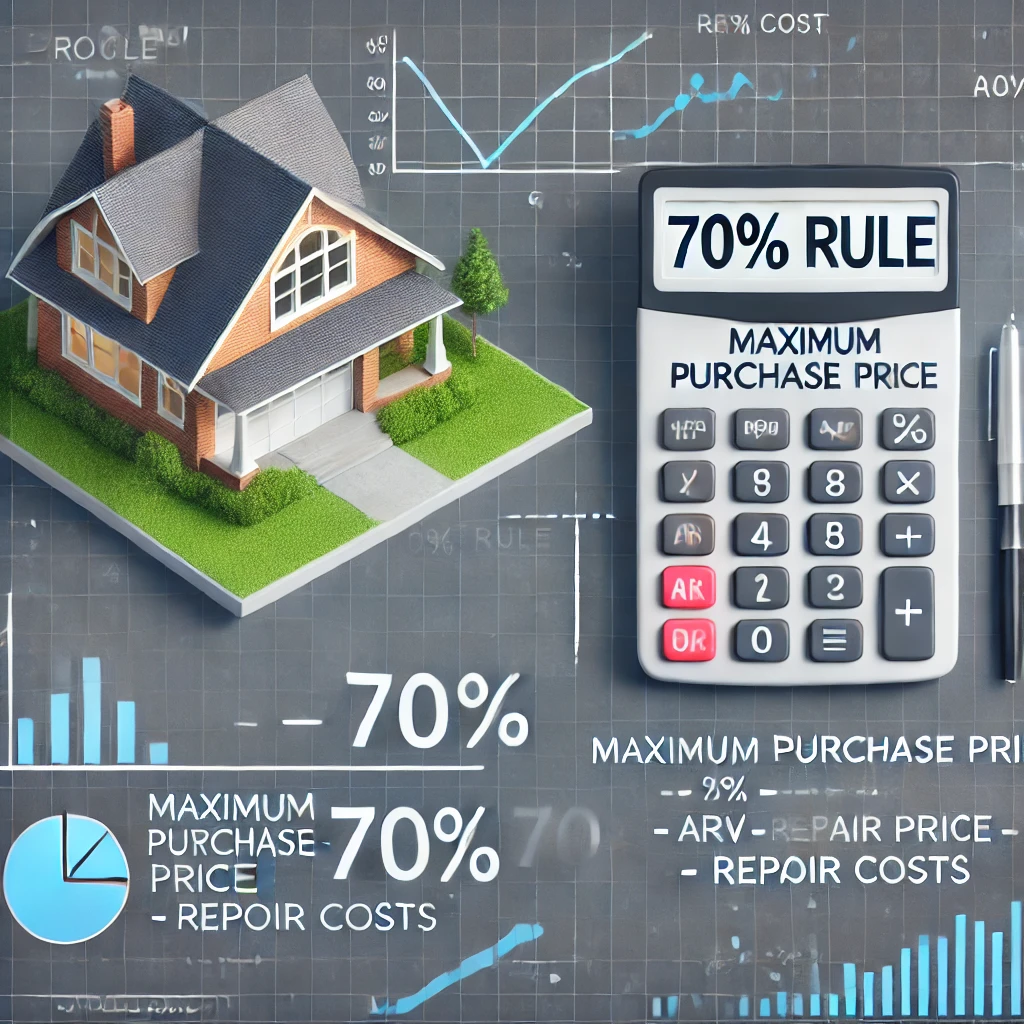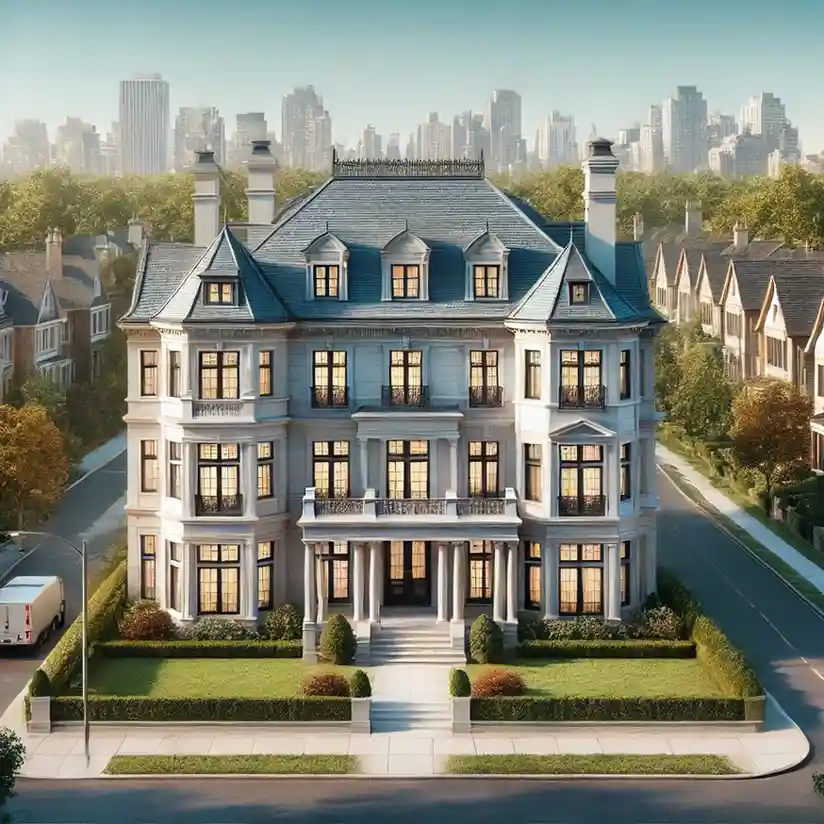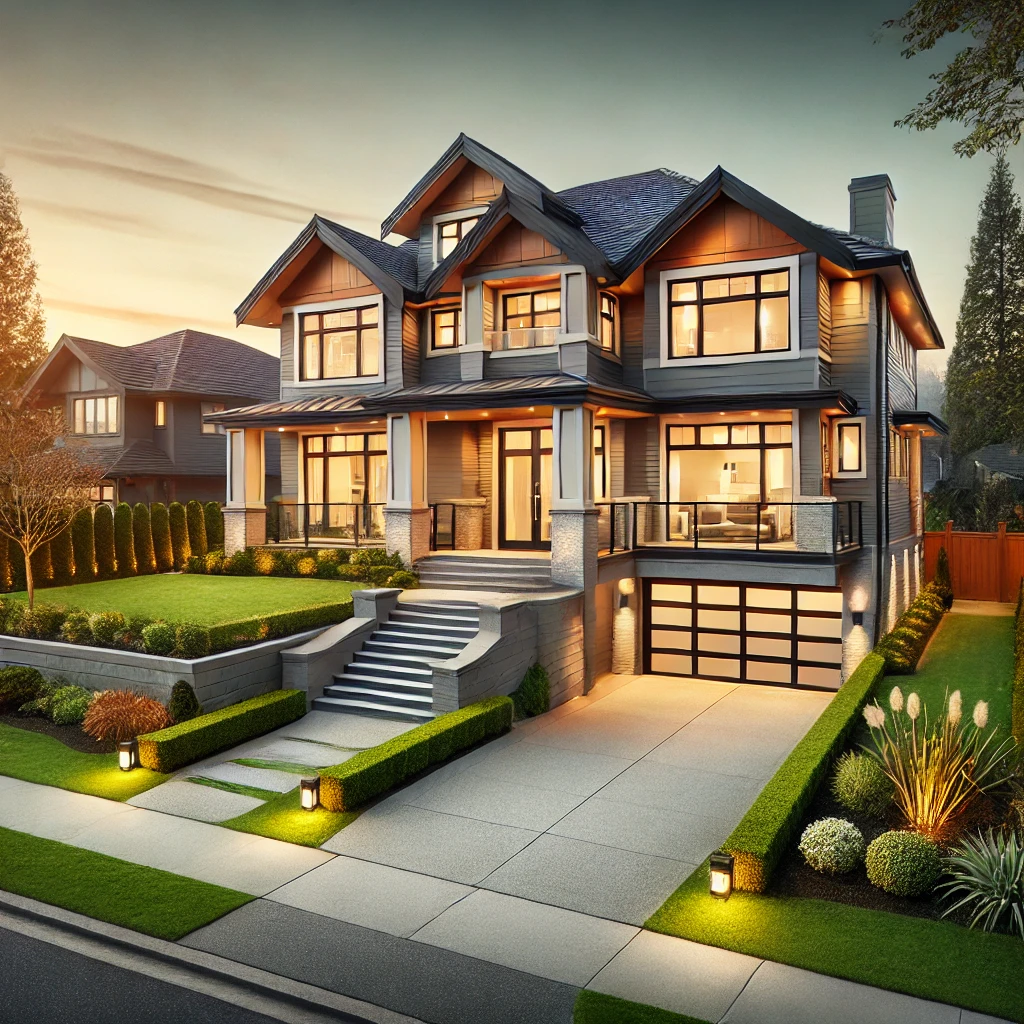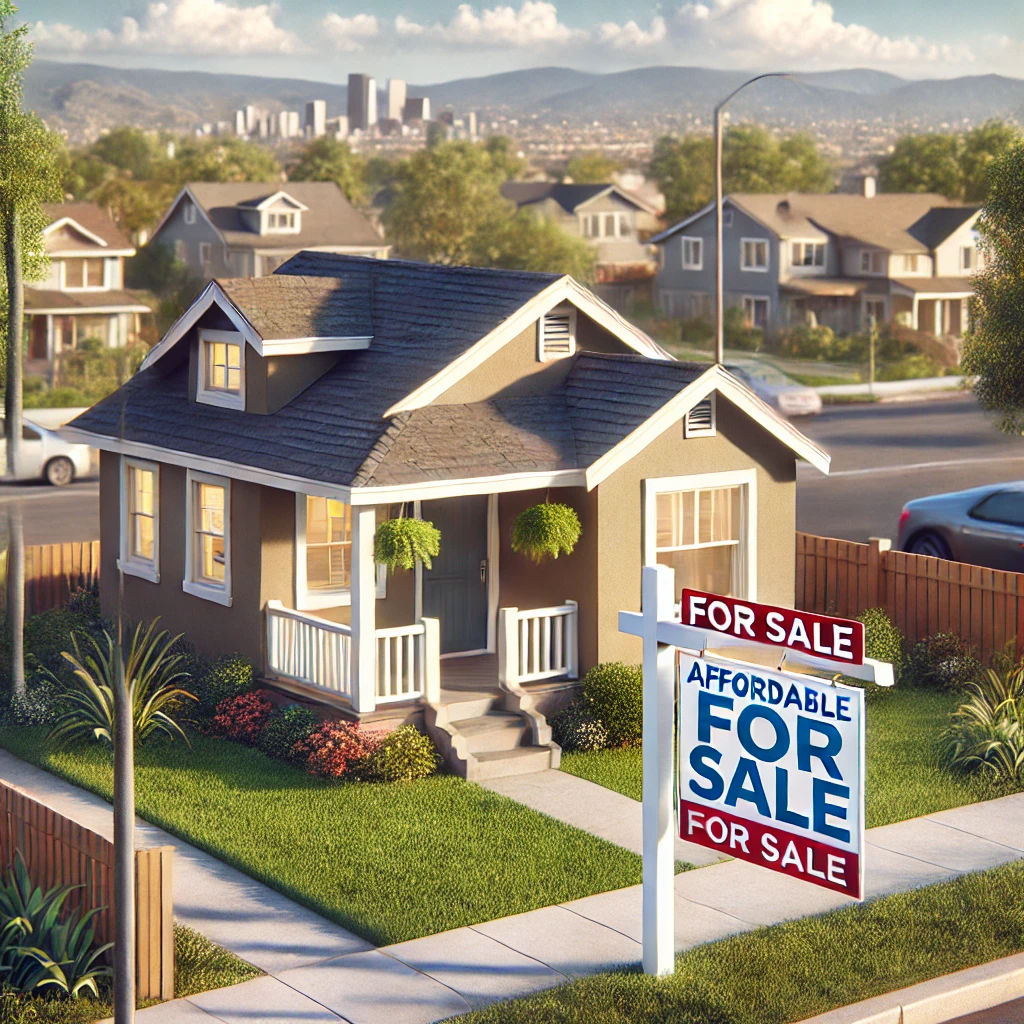The 70% Rule Explained: A Simple Formula for Real Estate Success
The 70% Rule Explained: A Simple Formula for Real Estate Success It’s all about The 70% Rule explained: Introduction Real estate investing is all about making smart financial decisions, and one of the most effective strategies investors use is the 70% rule in real estate investing. This simple yet powerful formula helps real estate investors determine the maximum price they should pay for a property to ensure a profitable deal. Whether you’re a house flipper or a long-term investor, understanding and applying this rule can prevent costly mistakes and maximize your returns. In this article, we’ll break down the 70% rule in real estate investing, explain how it works, provide examples, and discuss when to use it. By the end, you’ll have a clear understanding of this essential tool and how to apply it effectively in your real estate deals. What Is the 70% Rule? The 70% rule in real estate investing is a guideline used by investors to determine the maximum purchase price of a property based on its After Repair Value (ARV). The rule states that an investor should not pay more than 70% of the property’s ARV, minus the estimated repair costs. This rule is particularly useful for house flippers who need to ensure a good profit margin after purchasing, repairing, and reselling the property. It helps investors avoid overpaying and ensures they account for both renovation expenses and unexpected costs. By following the 70% rule in real estate investing, you can make smarter decisions and reduce financial risk. However, it’s important to understand how the formula works before applying it to your deals. — Breaking Down the Formula To fully understand the 70% rule in real estate investing, let’s break it down into its key components: Formula: \text{Maximum Purchase Price} = (\text{ARV} \times 70\%) – \text{Repair Costs} Explanation of Key Terms: ARV (After Repair Value): This is the estimated value of the property after all renovations and repairs are completed. Repair Costs: The total estimated cost of fixing the property, including labor, materials, permits, and any other expenses. 70% Factor: This percentage ensures a profit margin and covers unexpected costs, transaction fees, and other expenses. Example Calculation: Let’s say you’re looking at a property with an ARV of $200,000, and the estimated repair costs are $30,000. Applying the formula: (200,000 \times 70\%) – 30,000 = 140,000 – 30,000 = 110,000 — Why the 70% Rule Works The 70% rule in real estate investing is a tried-and-true strategy because it helps investors: 1. Avoid Overpaying – By setting a maximum purchase price, investors reduce the risk of losing money on a deal. 2. Ensure a Profit Margin – The rule builds in a cushion to account for unexpected costs and profit potential. 3. Account for Market Fluctuations – Real estate markets can change, and this rule helps protect investors from sudden drops in home values. By using this rule, investors can approach deals with confidence, knowing they have a financial buffer to protect their investment. — When to Use (and When to Ignore) the 70% Rule While the 70% rule in real estate investing is a great guideline, it’s not a one-size-fits-all approach. Here’s when it works best and when you might need to adjust it: Best Situations to Use the 70% Rule: Distressed Properties: Ideal for properties that need significant repairs and renovations. House Flipping: Works well for flippers who need to buy low, renovate, and sell for a profit. Stable Markets: In areas with predictable property values, the rule helps maintain safe investment decisions. When You Might Need to Adjust It: Hot Real Estate Markets: In highly competitive markets, buyers may need to pay more than 70% to secure a deal. Rental Property Investing: If you plan to hold the property long-term for rental income, the 70% rule may not be the best metric. Instead, focus on cash flow and return on investment (ROI). Luxury Real Estate: High-end properties often require a different approach due to higher repair costs and market demand. By understanding when to use and when to adjust the 70% rule in real estate investing, investors can make better decisions tailored to their specific market and investment strategy. — Common Mistakes Investors Make Even experienced investors can make mistakes when applying the 70% rule in real estate investing. Here are some of the most common errors and how to avoid them: 1. Underestimating Repair Costs – Always get multiple repair estimates from contractors to ensure accuracy. 2. Using an Unrealistic ARV – Research comparable sales (comps) to determine a realistic after-repair value. 3. Ignoring Holding and Closing Costs – Factor in expenses like property taxes, insurance, and closing fees. 4. Not Adjusting for Market Conditions – In a seller’s market, strict adherence to the 70% rule might not work. 5. Relying Solely on the Rule – While useful, the 70% rule should be combined with other real estate investment strategies. Avoiding these mistakes can make the 70% rule in real estate investing even more effective for your deals. — Practical Tips for Applying the 70% Rule To successfully use the 70% rule in real estate investing, follow these practical tips: 1. Research Local Market Trends: Understanding home values and demand will help you determine an accurate ARV. 2. Get Reliable Repair Estimates: Work with experienced contractors to get a clear picture of renovation costs. 3. Consider Other Investment Strategies: Combine the 70% rule with rental property analysis or the BRRRR (Buy, Rehab, Rent, Refinance, Repeat) method. 4. Have a Financial Cushion: Always set aside extra funds for unexpected expenses. 5. Use Professional Advice: Consult with real estate agents, appraisers, and experienced investors to validate your calculations. By following these tips, you can apply the 70% rule in real estate investing more effectively and make better investment decisions. — Conclusion The 70% rule in real estate investing is a simple yet powerful formula that helps investors determine the maximum price they should pay for a property. By using this … Read more







